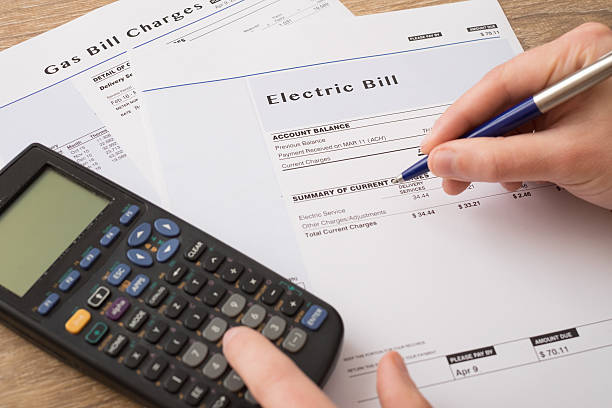HOUSEHOLDS across Leicestershire will have to pay an extra £693 a year on their energy bills on average from April, following an announcement made by the government.
Following yesterday’s announcement on what has been dubbed ‘Black Thursday’, chancellor Rishi Sunak attempted to soften the blow of the rise, by revealing that the majority of families would receive a total of £350 to help them adjust to higher prices. However, only £150 will arrive by the time energy bills rise in April.

“I really believe that what we’re doing, £350, it’s a significant amount of money that will make a big difference to the vast majority of households, and I think people, I hope actually, will be reassured by us stepping in,” the chancellor said.
Higher energy prices are “something we will have to get used to” following global supply problems, he added.
However, Labour Leader Kier Starmer, labelled the government’s 9 billion response to the energy hike as “totally inadequate,” criticising it for “not targeting those most in need.”
There are concerns that the sharp rise in energy bills will put a further squeeze on people who are already facing higher prices and rising taxes.
On top of the energy price increase, households also face a planned rise on National Insurance, council tax hikes and higher energy bills from April 1.
Soaring inflation – the biggest in 30 years – is adding £180 a year to grocery bills, and soaring crude oil prices are also pushing up prices at the pumps.
Yesterday, the Bank of England raised interest rates to 0.5, and Ofgem raised the energy price cap by almost £700.
But Mr Sunak said that the price rise is so significant that it will affect middle income families, and not just those on benefits.
“My view is that the price rise is so significant that it’s not just those families who are on benefits that are going to feel the pinch, it’s actually middle-income families as well, families that are working hard, they’re not on welfare, but this will be a significant increase for them,” he said.
He warned households to brace themselves for further increases in energy costs later in the year.






